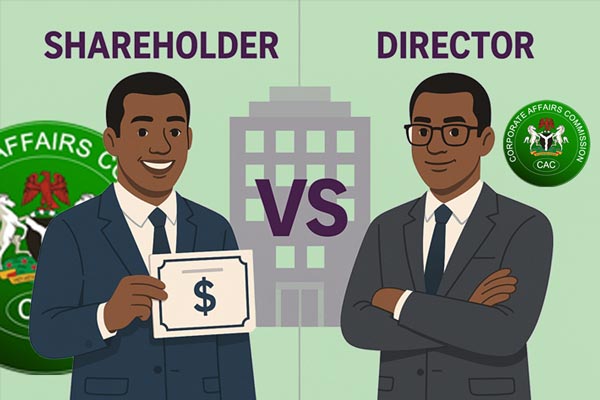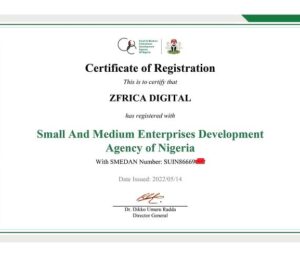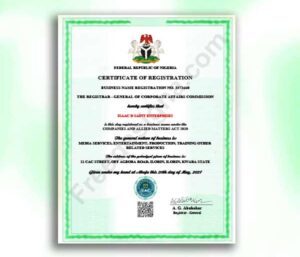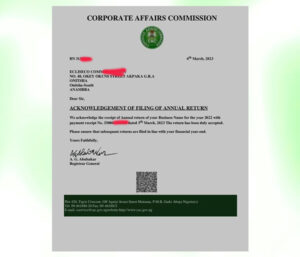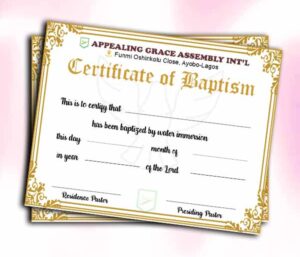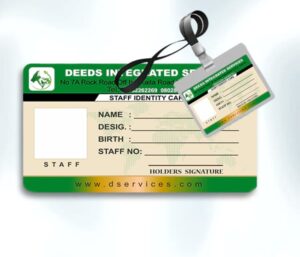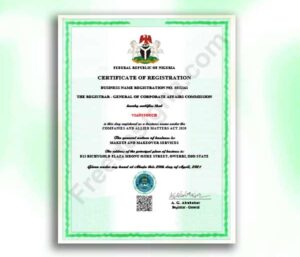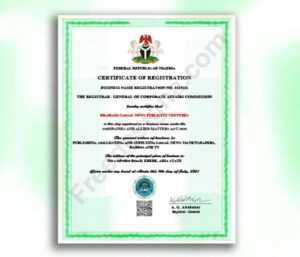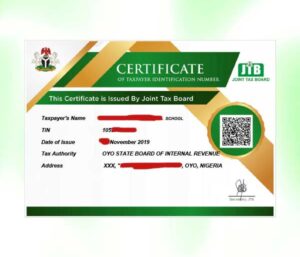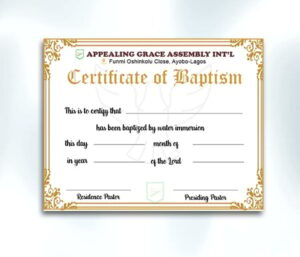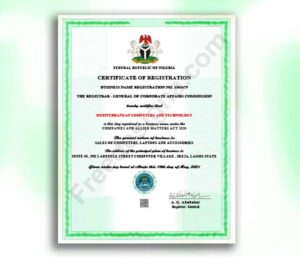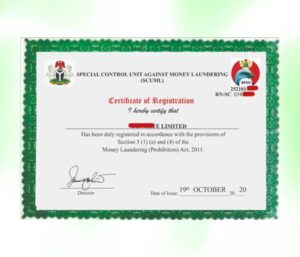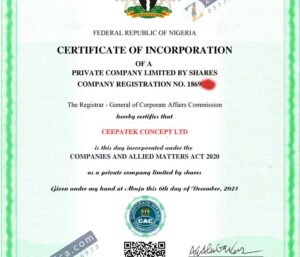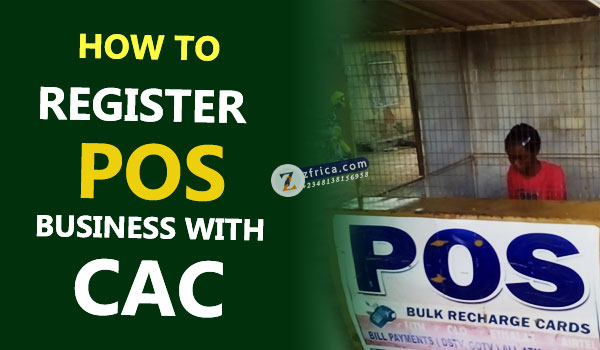Introduction
A common point of confusion during the Corporate Affairs Commission (CAC) registration process for Limited companies, is understanding the differences between directors and shareholders. Many business owners, especially first-time registrants, are unsure if these roles refer to the same person or serve the same function. This lack of clarity often leads to mistakes that could affect how a business operates legally and structurally.
This guide breaks down the differences between directors and shareholders in CAC registration, providing clear definitions, responsibilities, legal implications, and examples. Whether you’re forming a startup or restructuring an existing company, this explanation will help you better understand these roles within the Nigerian business context.
Who Is a Shareholder?
A shareholder is a person or entity that owns shares in a company. In CAC registration, shareholders are recognized as the owners of the company. They may or may not be involved in the company’s daily operations, but they are the ones who invest capital and bear the profits or losses generated by the business.
Key Characteristics of Shareholders:
-
Ownership Role:
Shareholders provide the capital for the company’s establishment and are considered the legal owners.
-
Profit Sharing:
They receive a portion of the company’s profit in the form of dividends based on their shareholding percentage.
-
Voting Rights:
Shareholders have the right to vote in major company decisions, including electing directors and approving mergers or structural changes.
-
Capital Contribution:
Although capital contribution isn’t necessarily in physical cash, the value agreed upon as the share capital reflects their ownership.
Example:
If a company is registered with a share capital of ₦1,000,000, and Mr. A and Mr. B own 60% and 40% of the shares respectively, it means:
- Mr. A owns ₦600,000 worth of shares
- Mr. B owns ₦400,000 worth of shares
- If the company makes a ₦500,000 profit, Mr. A earns ₦300,000 while Mr. B earns ₦200,000
- Losses are also shared using the same ratio
A person owning 5% or more of a company is legally referred to as a person of significant control (PSC) under CAC regulations.
Our Top Selling Services
Who Is a Director?
A director is appointed to manage and oversee the daily activities and governance of a company. Directors do not automatically have ownership unless they also hold shares. Their responsibilities are administrative and strategic, ensuring the business runs effectively and complies with regulatory standards. The Director can stand or represent the company at diverse and various manners, Eg. The director can represent the company when it wants to get the SCUML certificate —another crucial document needed to obtain a corporate bank account in Nigeria
Key Characteristics of Directors:
-
Administrative Role:
Directors are not owners unless they are also shareholders. They function as company managers.
-
Appointed by Shareholders:
Shareholders have the power to appoint or remove directors.
-
Legal Responsibility:
Directors are legally accountable for ensuring the company adheres to laws, including CAC and tax regulations.
-
Decision-Making Authority:
They handle strategic decisions such as entering contracts, hiring staff, and managing operations.
Example:
Mr. C and Mr. D may be directors managing the affairs of a company owned by Mr. A and Mr. B. They are responsible for running the business but do not share in its profits unless they also hold shares.
Differences Between Directors and Shareholders in CAC Registration
Role in the Company
- Shareholder: Owner of the company
- Director: Manager of the company’s operations
Legal Recognition by CAC
- Shareholder: Listed as owners with shareholding percentages
- Director: Listed with assigned roles but no ownership implied
Appointment
- Shareholder: Becomes a shareholder by owning shares
- Director: Appointed by shareholders, or self-appointed in sole ownership
Ownership Rights
- Shareholder: Entitled to profits and responsible for losses
- Director: Paid a salary or allowance, not entitled to dividends unless also a shareholder
Decision Power
- Shareholder: Votes on major issues like mergers, director appointments, and business structure changes
- Director: Makes day-to-day operational decisions
Legal Accountability
- Shareholder: Limited liability to unpaid shares
- Director: Legal fiduciary duty to act in the best interest of the company and shareholders
Can One Person Be Both a Shareholder and Director?
Yes. Since the 2020 amendment to Nigeria’s Companies and Allied Matters Act (CAMA), it is now legal for one person to register a company as both the sole director and sole shareholder. This is common in small and medium-sized businesses where the founder handles both administrative and ownership duties.
However, in companies with multiple directors or shareholders, it’s crucial to distinguish each person’s role clearly during registration to avoid administrative confusion or legal complications later.
We recommend this for you
Why the Distinction Matters in CAC Registration
-
Accurate Documentation:
CAC requires you to declare who is a shareholder and who is a director. Mixing them up leads to inaccurate records and potential delays.
-
Ownership Clarity:
Clearly stating shareholding ensures profit distribution and voting rights are handled correctly.
-
Regulatory Compliance:
Certain corporate obligations depend on knowing who owns and who manages the company (e.g., PSC filings).
-
Business Governance:
Understanding these roles sets up clear lines of authority, accountability, and transparency in operations.
Conclusion
Understanding the differences between directors and shareholders in CAC registration is essential for anyone registering a limited liability company in Nigeria. While shareholders are the financial backbone of a company and retain ownership, directors provide the administrative framework for daily business operations. These roles may overlap, especially in small businesses, but keeping them distinct ensures legal and operational clarity.
Whether you’re registering your company for the first time or planning a restructure, always define who owns the company and who manages it. This distinction builds a strong foundation for compliance, accountability, and sustainable growth.
Quick Bonus : If you must register a school in Nigeria, please register it as a Limited company to avoid issues later.
Have you Read this ?
Frequently Asked Questions (FAQs)
Can a shareholder be a director in the same company?
Yes. In fact, it’s common for founders to be both shareholders and directors, especially in small businesses.
Who has more power in a company: a shareholder or a director?
It depends. Shareholders own the company and can remove directors, while directors manage day-to-day operations. Both play vital but different roles.
Is it mandatory to have multiple directors or shareholders?
No. A company can be registered with a single person acting as both the sole director and sole shareholder under CAMA 2020.
What is a person of significant control (PSC)?
A PSC is any individual who holds 5% or more shares in a company. This person must be reported to CAC under PSC disclosure regulations.
Can directors take company profits like shareholders?
Not automatically. Directors are usually paid salaries or allowances. To share in profits, they must also hold shares.
How are directors appointed or removed?
Shareholders typically appoint or remove directors through resolutions during a general meeting, following CAMA’s procedures.
Do directors need to invest money in the company?
No. Directors are appointed for management, not ownership. They can be external professionals without any financial investment in the company.
